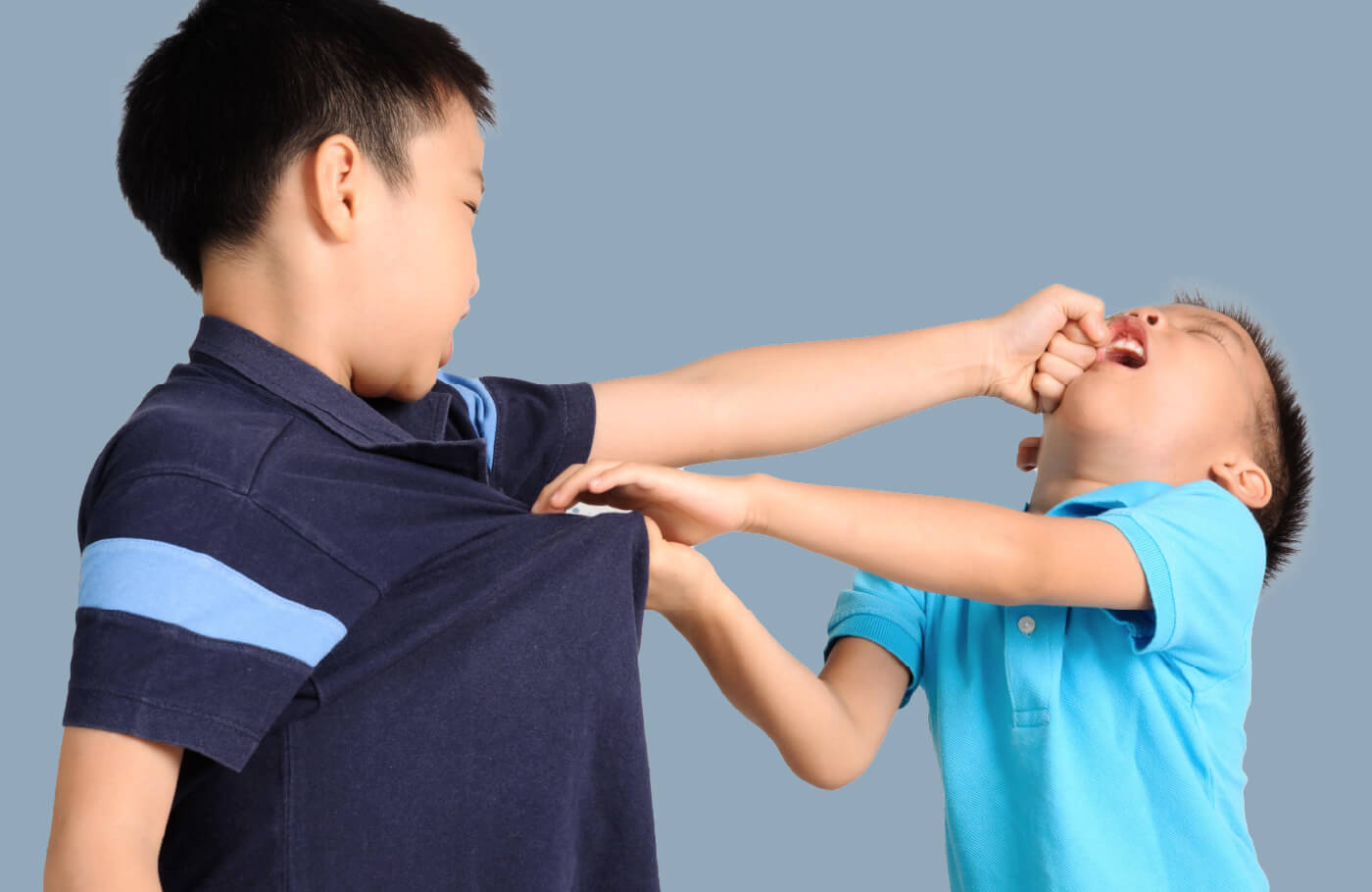
Image Source: Cadey
Violence, particularly when experienced during childhood, can have profound and lasting effects on an individual's mental and emotional well-being. The impact of trauma on children, stemming from exposure to violence, deserves attention and understanding from a societal and psychological perspective.
Understanding Childhood Responses to Violence
Children exposed to violence may exhibit various responses and behaviors as coping mechanisms. These reactions can vary significantly based on individual characteristics, the intensity, and frequency of exposure, as well as the availability of support systems.
Some common responses observed in children exposed to violence include:
- Emotional Distress: Feelings of fear, anxiety, sadness, anger, or a combination of these emotions.
- Behavioral Changes: Aggression, withdrawal, difficulty concentrating, or regressive behaviors like bed-wetting in younger children.
- Physical Symptoms: Headaches, stomachaches, sleep disturbances, and other stress-related physical complaints.
- Difficulty in Relationships: Challenges in forming and maintaining relationships, trust issues, or difficulty in expressing emotions.
Long-Term Impact and Intergenerational Transmission
The effects of childhood trauma resulting from violence can extend into adulthood, impacting mental health, behavior, and overall well-being. Such experiences during formative years may increase the risk of developing mental health disorders, substance abuse problems, and difficulties in managing stress.
Additionally, there is a concerning pattern of intergenerational transmission of trauma, wherein individuals who experienced violence during childhood may unintentionally perpetuate similar behaviors or struggles within their families, continuing the cycle of trauma.
Societal Interventions and Support Mechanisms
Addressing the effects of childhood trauma due to violence requires a multi-faceted approach. Societal interventions such as accessible mental health services, trauma-informed education, community support programs, and legal frameworks ensuring the protection of children are crucial in mitigating the impact of violence on young minds.
Moreover, creating safe and nurturing environments where children feel heard, supported, and valued can significantly contribute to their resilience in coping with traumatic experiences.
Conclusion
The impact of violence on children cannot be understated. Understanding the responses and effects of trauma on young minds is imperative for policymakers, educators, healthcare professionals, and society at large to implement effective strategies that safeguard the well-being of our children and break the cycle of intergenerational trauma.
By acknowledging the far-reaching consequences of childhood trauma due to violence and investing in appropriate interventions and support mechanisms, we can strive towards a society that nurtures the mental health and resilience of its future generations.
This article aims to shed light on the effects of trauma on children and is crucial from the UPSC perspective as it covers societal issues, mental health, and strategies for intervention, which are pertinent topics for various competitive examinations.